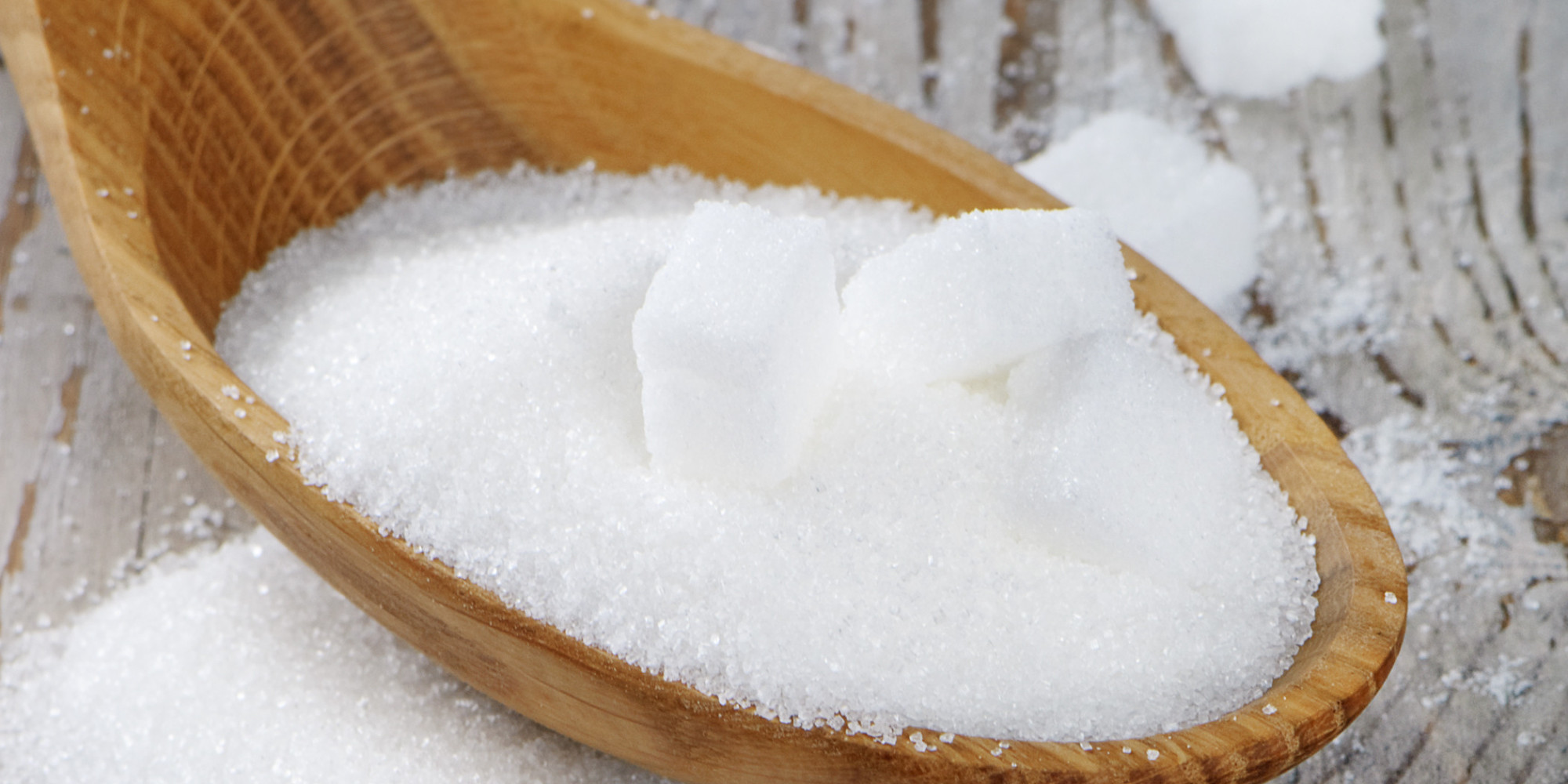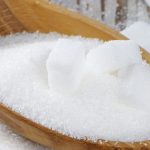The Negative Effects of Sugar, Part I
Our friends from Health Ambition are sharing their knowledge and expertise this week; Helen Sanders is the guest author of this two-part series, explaining the negative effects of sugar. The original post can be found on the Health Ambition site here.
By Helen Sanders, Health Ambition
Sugar and spice and everything … not so nice? Sugar is probably not the first thing that comes to mind when you think about substances that cause disease.
Sugar has long been touted as “natural” and the least of your worries when thinking about health and weight loss.
However, a lot of damage can be done when you consume sugar on a regular and excessive basis. And, besides the fact that sugar calories really do add up, sugar also causes a cascade of additional problems in your body from immune system suppression to aging.
Sugar “only” has 15 calories per teaspoon. That doesn’t really sound like much of a problem until you realize that hardly anything has just one teaspoon of sugar in it.
Sugar is in practically everything we eat. Although some sources do occur naturally, like the sugars found in milk products and potatoes or fruit, it’s still good practice to limit your sugar intake and seek out the hidden sugars in your diet.
Is it Natural?
Is sugar really “natural”? If you really want natural, you’d have to break off a piece of sugar cane and eat that for the true natural version of sugar.
The white, granular, powdery stuff that comes out of huge factories, after it’s been processed and manipulated by man with various chemicals and additives, is not a natural substance. And the effects of sugar on your body, health, and well-being are far from “natural”.
Sugar Consumption is Big Business
Sugar is big business and big business means big money. The website www.sugar.org advocates bringing the family together by baking with sugar. They say, “Family means everything and baking is an easy way to show just how much you care.”
It’s kind of like the scenario where your grandmother cooks all kinds of delicious foods for you and you “have” to eat them to show your love and appreciation for her.
Although, truth be told, if you truly cared for each other, you’d find ways to eradicate sugar from your baking and your lives.
The website goes on to say that “Sugar is more than a “fun” food ingredient, it’s an essential one as well. Because it’s all-natural, you can consume it with confidence.”
Well, don’t believe everything you read on the internet. And, don’t believe everything you were taught growing up. When you start to research sugar, and it’s real effects on your body and your health, you will uncover some shocking facts.
“It is our government support of big sugar that keeps the prices of junk food cheaper than real food, and that is part of the problem” says Leslie Cerier of The Organic Gourmet
Get the Know on How Much You’re Consuming
Most labels list sugar in “grams”. This can make it very confusing for most of us. A teaspoon of granulated white sugar is equal to about 4 grams.
Therefore, take the grams of sugar listed in the food item and divide by 4 to get an approximate number of teaspoons. For example, a bottle of innocent-looking Snapple “All Natural” Lemon Tea has nine teaspoons of sugar in it.
One of my old favorites, a Starbucks Venti Non-Fat Caramel Macchiato, has 44 grams of sugar in it, which translates to about 11 teaspoons of sugar.
That’s a whole lot of sugar for something we think of as a benign and healthy low fat or fat free drink.
Sugar Aliases
Sugar is everywhere. It’s in places that you’d least expect to find it, like ketchup and other condiments, peanut butter, sauces, yogurts, deli meats, soups, juices, cereals and more.
Many foods also have a high natural sugar content and these should also be avoided for the most part.
Just because something is labeled “fat-free” or “low fat”, doesn’t mean that it’s healthy or sugar free. A lot of “diet” foods are actually sugar-laden health traps.
Things that are fat-free are generally overloaded with sugar to give you extra “taste” because the fat has been removed.
High fructose corn syrup (HFCS) is another fancy name for sugar and something that should be avoided at all costs. This substance is found in almost everything.
Some other hidden sources of sugar are items like yogurts, milks, and other various dairy products. They contain milk sugars (lactose). While you wouldn’t expect a glass of milk to have any negative side effects, the sugars found in dairy products still count as sugar to your body.
Alcohol, a particularly sneaky culprit, has 7 empty calories per gram. And, another reason not to go overboard with alcohol is that it’s converted to sugar in your body when you drink it.
Some other, lesser known aliases for sugar include: malt, fructose, glucose, dextrose, lactose, maltodextrin, sorbitol, sorghum, sucrose, mannitol, and many others.
With some helpful background about sugar, Helen will continue next week by detailing the negative effects of sugar and its alternatives. For more health articles, be sure to visit Helen and Health Ambition’s site here.
Remember to follow and like Dr. Sunny Tatra on Twitter, Facebook and Google+ to stay up to date with the latest news and tips. To read client reviews or to share your own experience, visit our RateMDs and Yelp pages. To book an appointment with Dr. Sunny Tatra and his team, phone +1 250 590 0166, email, or fill out the online appointment form!



